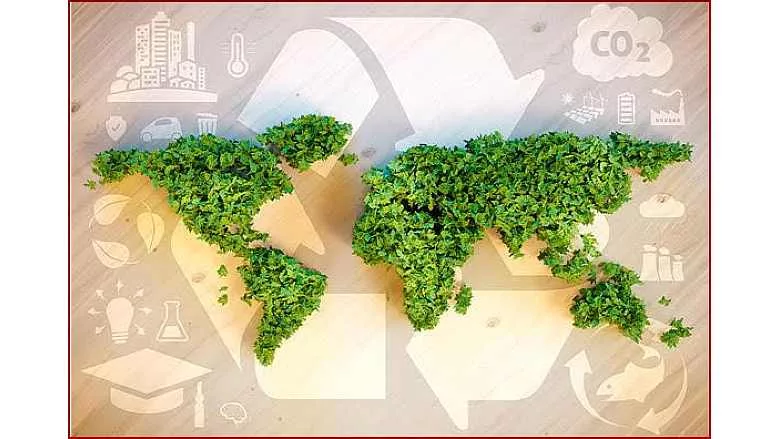RAMPF Group Develops a New Upcycling Approach

The RAMPF Group has developed a pioneering upcycling approach for the manufacture of customized polymer aerogels. Courtesy of RAMPF.
The RAMPF Group has developed an upcycling approach for the manufacture of customized polymer aerogels. In contrast to conventional methods that involve costly sorting processes, RAMPF’s new technology enables the processing of mixed polyurethane-based production scraps into eco-friendly and ultralight materials for use in thermal insulation, lightweight fillers, rheology additives, and oil binding agents.
The chemical recycling of plastics is increasingly becoming the focus of attention for its role in reducing the dependence on fossil fuels and mitigating the global plastic pollution crisis. It involves breaking down plastic waste into its chemical components so that it can be reused as feedstock to manufacture new products instead of being landfilled or exploited in incineration plants.
While conventional chemical recycling methods demand a high energy input, RAMPF has developed a chemical solution for the direct upcycling of unsorted polyurethane scraps into customized polymer aerogels. This comprises the glycolysis of mixed polyurethane scraps to obtain a recycled polyol, synthesis of a polyurethane-based gel, and supercritical drying of the wet gel to obtain an aerogel.
Dr. Gerd-Sebastian Beyerlein, director of New Business Development at RAMPF and technology lead said, “During the course of this development, we found that the technical properties of the aerogels are highly dependent on their physical microstructure, while the purity of the feedstock plays a less significant role. The aerogels we synthesized from different batches of mixed production scraps possess a well-defined and adjustable mesoporous microstructure as well as very low thermal conductivity in the range of comparable high-performance insulation materials. This demonstrates the robustness of this novel upcycling approach, which was developed completely in-house with regard to the materials used.”
To learn more, visit www.rampf-group.com.
Looking for a reprint of this article?
From high-res PDFs to custom plaques, order your copy today!




